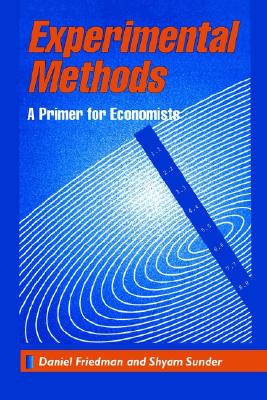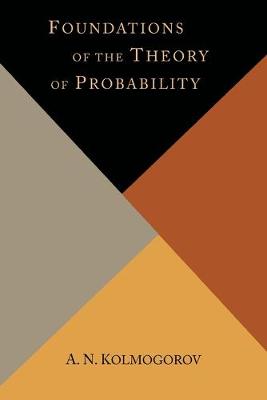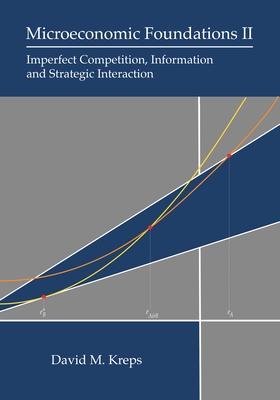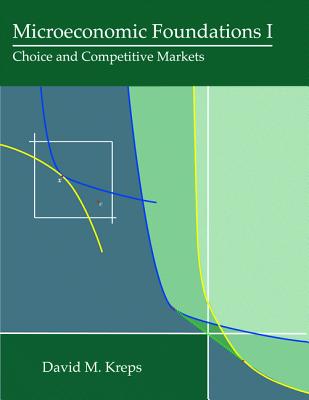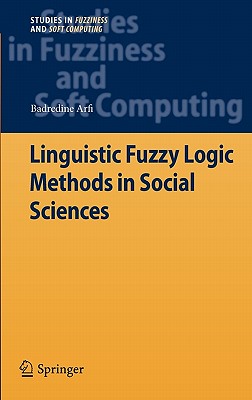
Linguistic Fuzzy Logic Methods in Social Sciences(Studies in Fuzziness and Soft Computing)
社会科学中的语言模糊逻辑方法(丛书)
计算机科学技术基础学科
¥
2352.5
售 价:
¥
1882.00
优惠
平台大促 低至8折优惠
发货周期:外国库房发货,通常付款后3-5周到货
作 者
出版时间
2010年06月19日
装 帧
精装
页 码
185
语 种
英文
综合评分
暂无评分
- 图书详情
- 目次
- 买家须知
- 书评(0)
- 权威书评(0)
图书简介
The modern origin of fuzzy sets, fuzzy algebra, fuzzy decision making, and “computing with words” is conventionally traced to Lotfi Zadeh’s publication in 1965 of his path-breaking refutation of binary set theory. In a sixteen-page article, modestly titled “Fuzzy Sets” and published in the journal Information and Control, Zadeh launched a multi-disciplinary revolution. The start was relatively slow, but momentum gathered quickly. From 1970 to 1979 there were about 500 journal publications with the word fuzzy in the title; from 2000 to 2009 there were more than 35,000. At present, citations to Zadeh’s publications are running at a rate of about 1,500-2,000 per year, and this rate continues to rise. Almost all applications of Zadeh’s ideas have been in highly technical scientific fields, not in the social sciences. Zadeh was surprised by this development. In a personal note he states: “When I wrote my l965 paper, I expected that fuzzy set theory would be applied primarily in the realm of human sciences. Contrary to my expectation, fuzzy set theory and fuzzy logic are applied in the main in physical and engineering sciences.” In fact, the first comprehensive examination of fuzzy sets by a social scientist did not appear until 1987, a full twenty-two years after the publication of Zadeh’s seminal article, when Michael Smithson, an Australian psychologist, published Fuzzy Set Analysis for Behavioral and Social Sciences.
本书暂无推荐
本书暂无推荐

